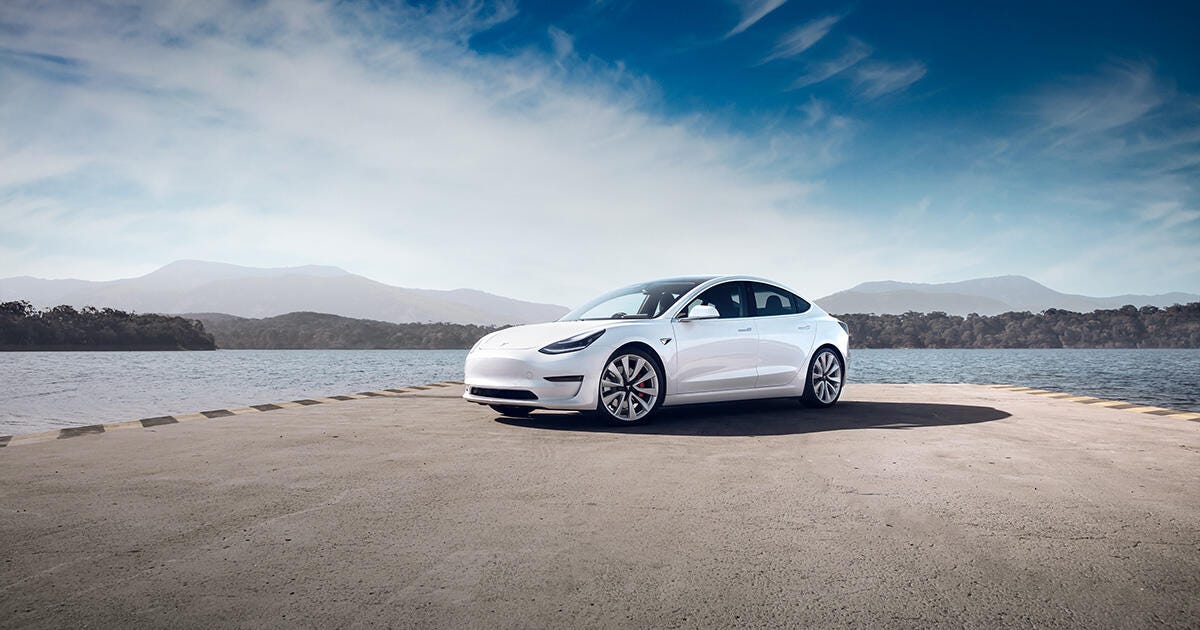
The Model 3 remains on top.
TeslaOne of JD Power’s newest studies, the Electric Vehicle Experience study, is back for its second year, and according to the 2022 results published on Thursday, a couple things haven’t changed since 2021. Once again, the top-rated electric cars are the Tesla Model 3 for the premium electric vehicle segment, and the Kia Niro EV for the mass market contenders.
The EV ownership experience, based on a 1,000-point scale, is measured by 10 factors, including range, access to charging stations, at-home charging and cost of ownership. Acing many of the categories is the Model 3, which scored 777 points. The Model Y comes in second place with 770 points to tie the premium segment’s average. Third place is the Model S with 756 points, while the Audi E-Tron rounds things out with 718 points.
Moving into the mass-market side of things, the Kia Niro EV ranks highest with 744 points, but the order then shakes up compared to last year. In the 2021 study, the Chevrolet Bolt EV came in second, but this year, it lands in fifth place with just 687 points. Its fall is likely due to a string of recalls, battery fires and an upcoming campaign to replace every car’s battery pack. Instead, taking the second spot this year is the Ford Mustang Mach-E, Chevy’s crosstown rival, with a score of 741 points. The Nissan Leaf places third (708 points), and the Hyundai Kona EV and Volkswagen ID 4 tie for fourth place with 692 points.
The study doesn’t just look at the cars individually. It takes the temperature of EV newbies and EV “veterans,” those who’ve owned a battery-powered car for a longer period of time, alike. Overall, both camps are highly satisfied with their switch to electric powertrains, with scores of 754 for new owners and 766 for veterans. For new EV buyers, the service experience is a major factor for them to pull the trigger, at 48 points more than for veterans. Meanwhile, veterans have a higher satisfaction score when it comes to an EV’s estimated and real-world range, likely because of their experiences so far.
Similar to last year, the study highlights how fluid the EV market is, despite strong brand loyalty among Tesla owners. Among owners who supplied scores over 900 points for their ownership experience, 96% of them responded they “definitely will” buy another EV and not switch back to an internal-combustion engine. However, just 62% say they’ll purchase an EV from the exact same brand.
For owners that scored their experience below 600 points, it’s still decent news for the EV segment. Among EV veterans, 89% said they will buy another EV, even with a ho-hum experience, and 78% of new owners said the same. As satisfaction decreases, though, the drop-off for loyalty is strong. In other words, for those providing scores under 600 points, the likelihood of owners purchasing an EV from the same brand drops to just 6%. That means a whole lot of buyers who are less than impressed with their experience are willing to abandon Tesla, Chevy, Volkswagen, Ford or whichever brand they bought from to try something new.

